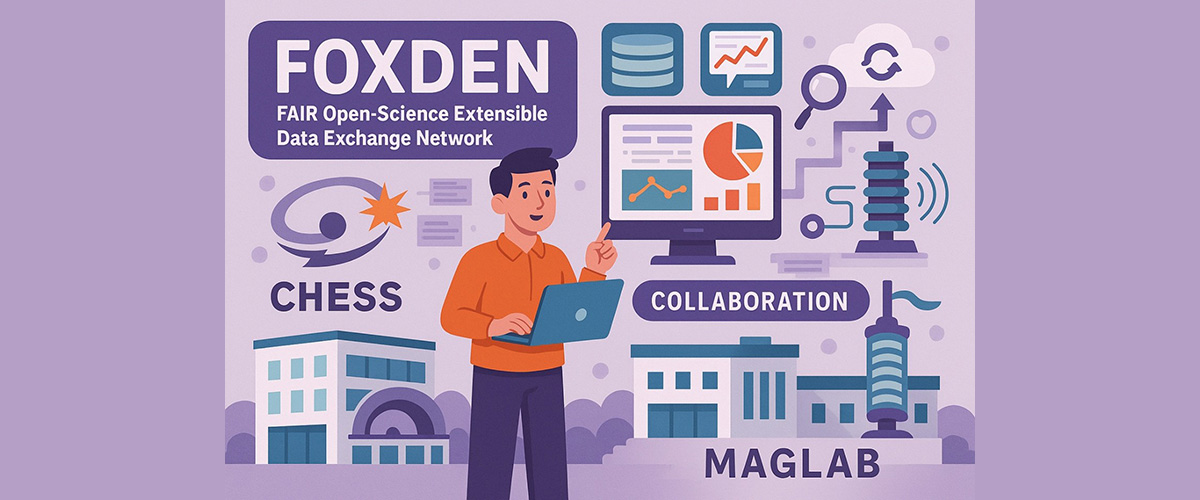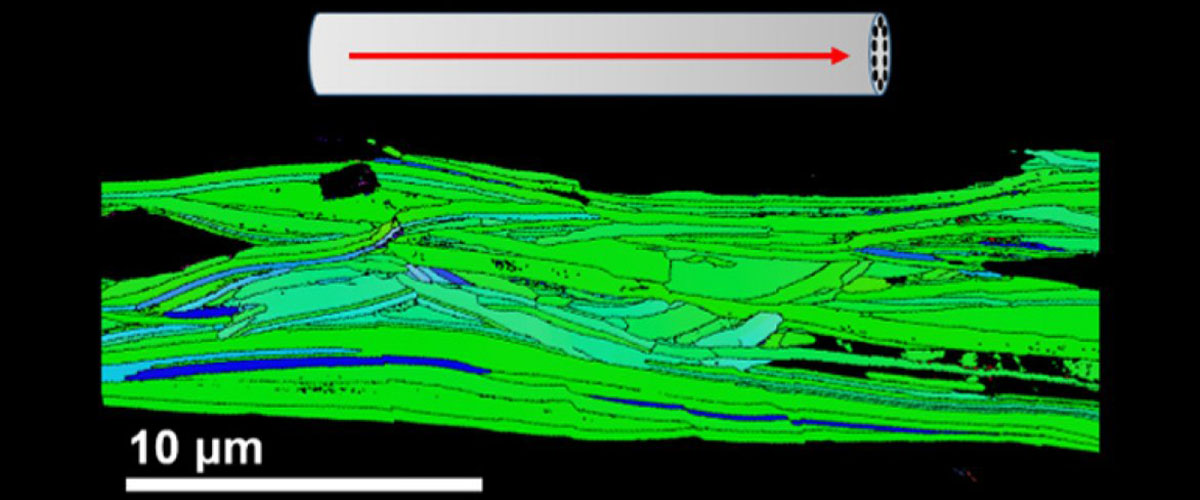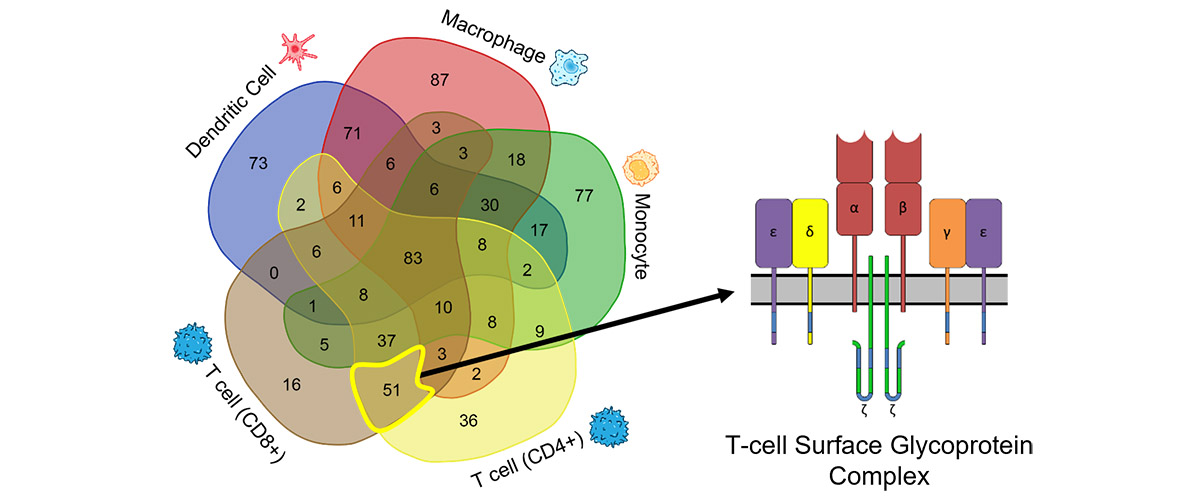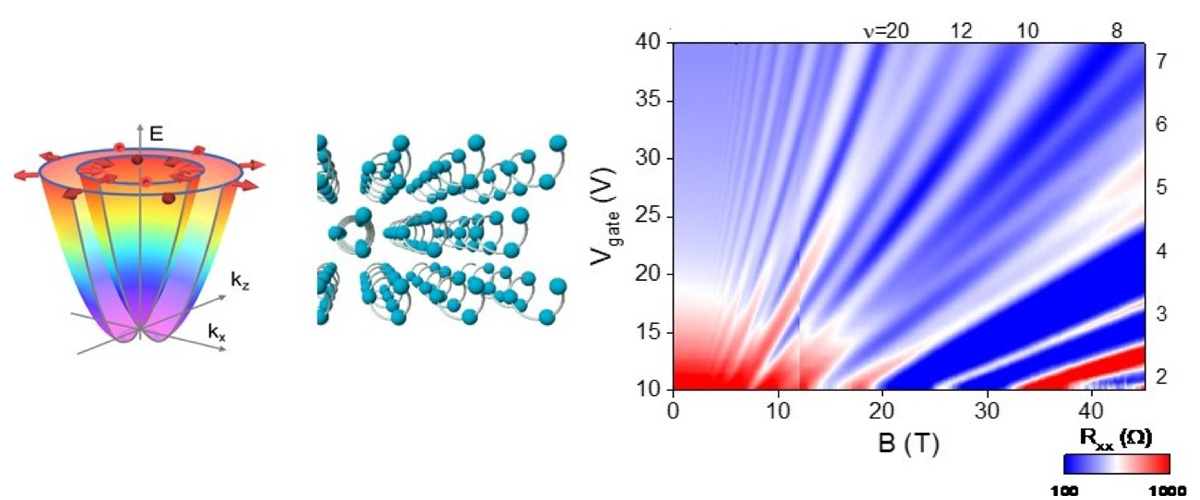What is the development?
The MagLab is partnering with researchers at the Cornell High Energy Synchrotron Source (CHESS) to implement FOXDEN (1) — their FAIR Open-Science Extensible Data Exchange Network. This software helps manage, discover, and track data and metadata that are Findable, Accessible, Interoperable, and Reusable (FAIR). By using emerging metadata standards like Science-on-schema.org (2) and Croissant (3), the system improves data discoverability and makes it easier to apply artificial intelligence (AI) techniques.
Why is this important?
Making data FAIR through detailed metadata — information that describes the data, such as experimental parameters — is key to ensuring scientific results are reproducible. It also makes data AI-ready, meaning it can be understood and used by computer algorithms and AI agents. This enables automation of tasks like experimental design and data analysis, helping scientists work faster and more efficiently.
Who did the research?
David S. Butcher, Lissa C. Anderson
Ion Cyclotron Resonance Facility, National MagLab, Tallahassee FL
How does the MagLab benefit from working with CHESS?
CHESS has already developed a robust suite of services that support advanced data and metadata management, visualization, analysis, and publishing to external repositories. By building on these tools, the MagLab can offer similar capabilities to its users without starting from scratch. This collaboration between facilities with different specialties — high-energy radiation at CHESS and high magnetic fields at the MagLab — highlights the power of cross-disciplinary and inter-institutional partnerships in advancing scientific research.
Citations
- CHESS Computing: FOXDEN. https://github.com/CHESSComputing/FOXDEN
- Canty, R. B. et al. Science Acceleration and Accessibility with Self-Driving Labs. Nat Commun 2025, 16 (1), 3856. https://doi.org/10.1038/s41467-025-59231-1.
- Science-on-Schema.Org v1.3.2, 2024. https://doi.org/10.5281/ZENODO.7884538.
- Akhtar, M. et al. Croissant: A Metadata Format for ML-Ready Datasets. https://doi.org/10.1145/3650203.3663326.
Details for scientists
- View or download the expert-level Science Highlight, FOXDEN: Advancing AI-Ready Data Exchange Through CHESS–MagLab Collaboration
Funding
This research was funded by the following grants: K. M. Amm (NSF DMR-2128556)
For more information, contact David Butcher.






